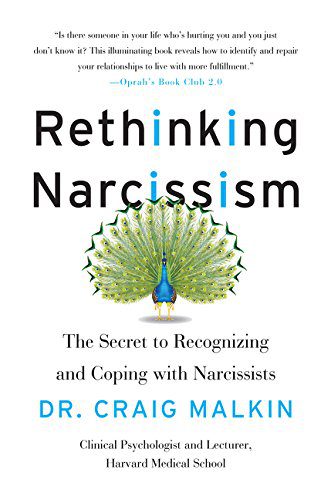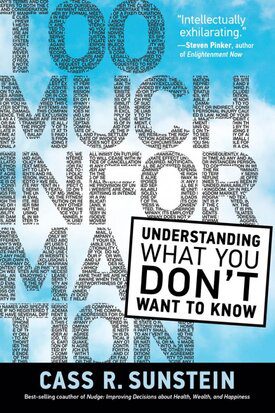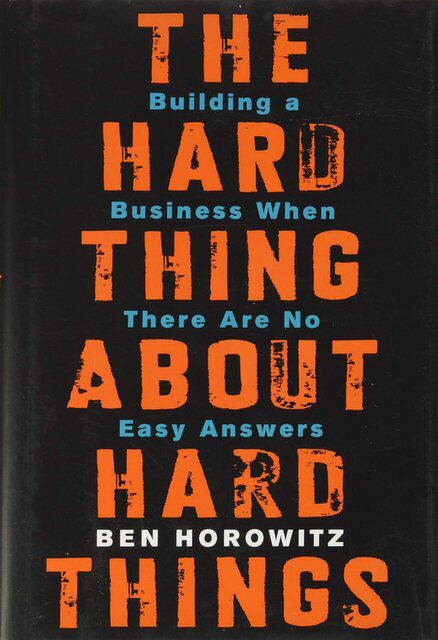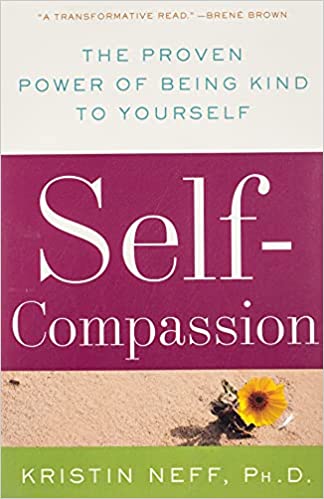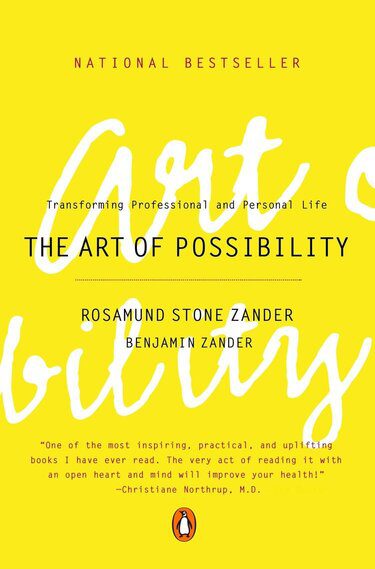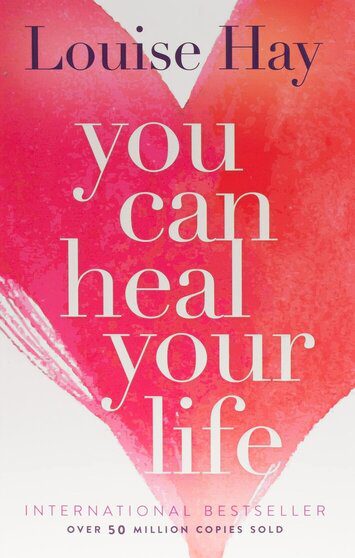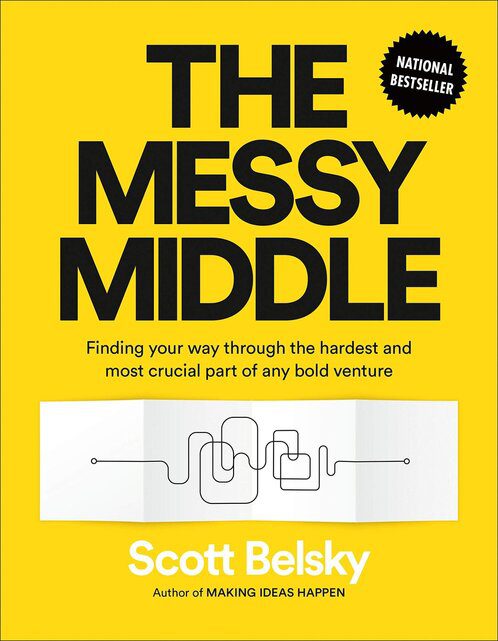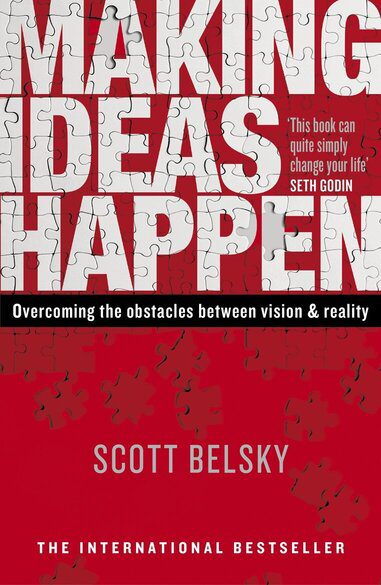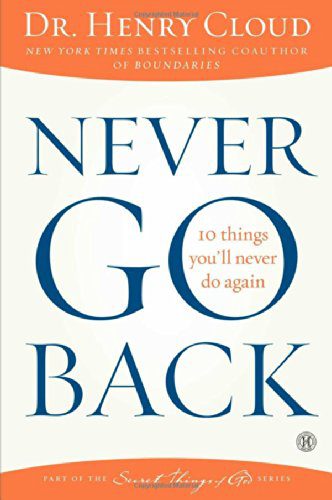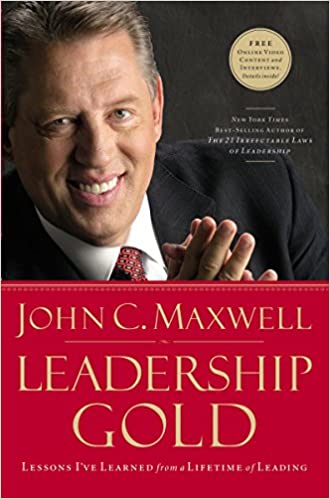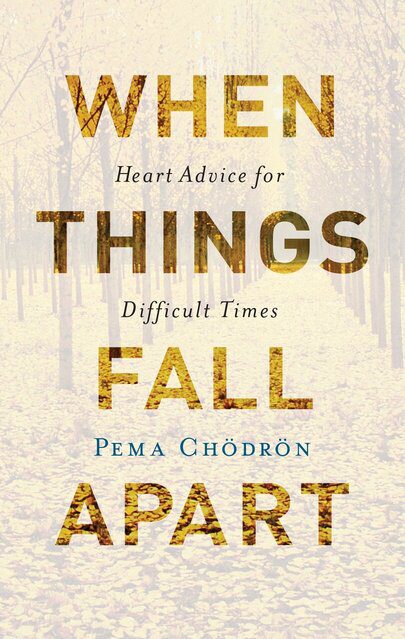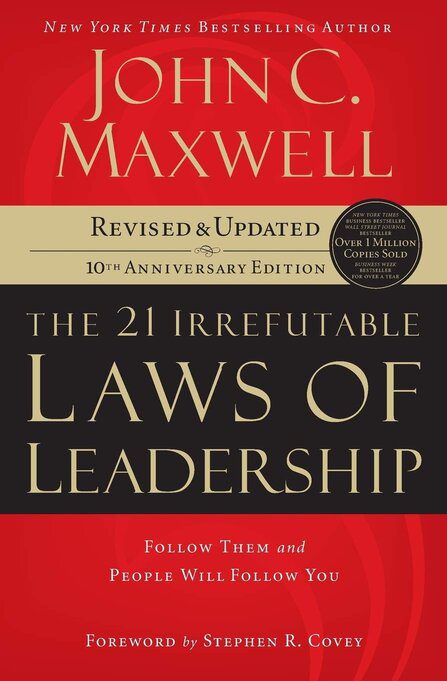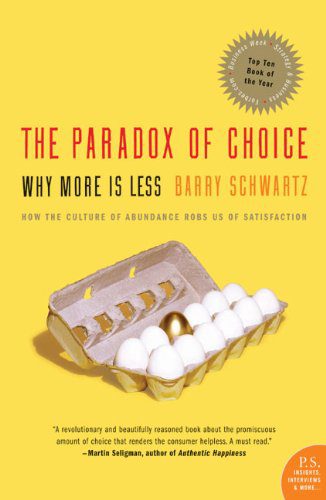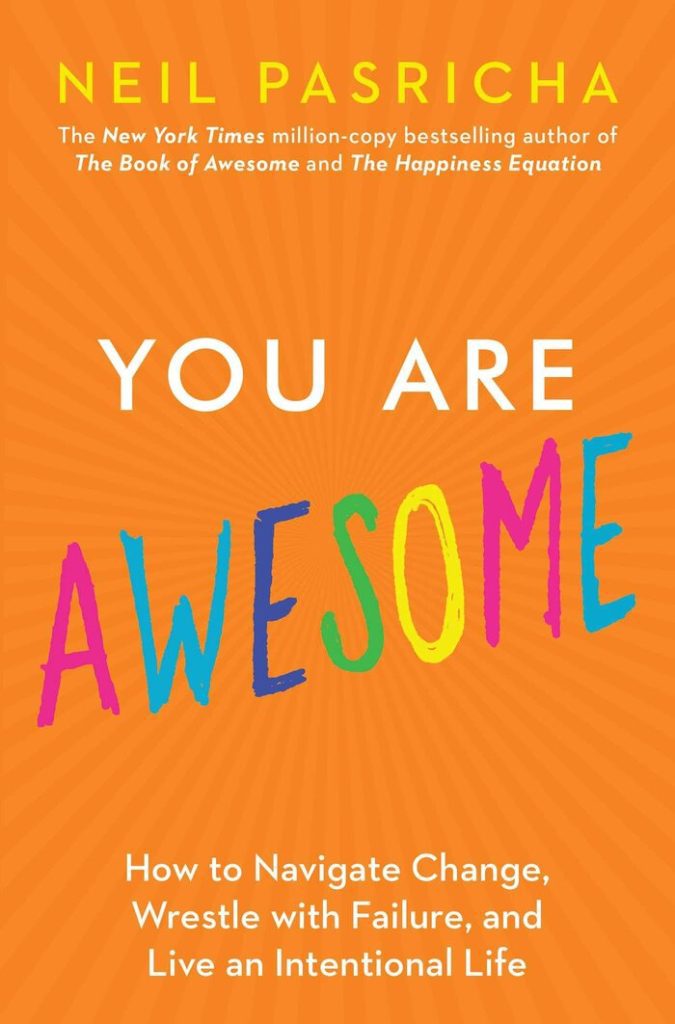In Rethinking Narcissism: The Secret to Recognizing and Coping with Narcissists Harvard Medical School psychologist Craig Malkin addresses the “narcissism epidemic” by illuminating the spectrum of narcissism, identifying ways to control the trait, and explaining how too little of it may be a bad thing.
In Too Much Information: Understanding What You Don’t Want to Know, American legal scholar Cass R. Sunstein examines the effects of information on our lives. Policymakers emphasize “the right to know,” but Sunstein takes a different perspective, arguing that the focus should be on human well-being and what information contributes to it. Government should require companies, employers, hospitals, and others to disclose information not because of a general “right to know” but when the information in question would significantly improve people’s lives.
“Hard things are hard because there are no easy answers or recipes. They are hard because your emotions are at odds with your logic. They are hard because you don’t know the answer and you cannot ask for help without showing weakness.”
In The Hard Thing About Hard Things: Building a Business When There Are No Easy Answers cofounder of Andreessen Horowitz, Ben Horowitz shares timeliness advice on building and running a startup. Ben tells the story of how his company Opsware went from doomed in the eyes of the world to a $1.6 billion outcome with no recapitalization. He shares war stories including several near bankruptcies, a stock price of $0.35 per share, unlimited bad press, and three separate layoffs where they lost a total of four hundred employees.
Ben describes strategies for laying off employees and executives the right way, communicating effectively, demoting a loyal friend, lessons learned as a founder-ceo, managing the toughest problems and making the tough calls.
Ben shared the insights he’s gained developing, managing, selling, buying, investing in, and supervising technology companies. A lifelong rap fanatic, he amplifies business lessons with lyrics from his favorite songs, telling it straight about everything from firing friends to poaching competitors, cultivating and sustaining a CEO mentality to knowing the right time to cash in.
In Self-Compassion: The Proven Power of Being Kind to Yourself, Associate Professor of Educational Psychology at the University of Texas at Austin, Dr. Kristin Neff asserted that people who are more self-compassionate lead healthier, more productive lives than those who are self-critical.
“Self-Compassion doesn’t mean that I think my problems are more important than yours, it just means I think that my problems are also important and worthy of being attended to.”
In You Can’t Send a Duck to Eagle School: And Other Simple Truths of Leadership, founder of Simple Truths and Successories, Inc., Mac Anderson shares lessons learned from forty years of leadership experience in building teams, creating a culture, and casting vision.
In “The Art of Possibility: Transforming Professional and Personal Life“, musical director of the Boston Philharmonic Orchestra Benjamin Zander and psychotherapist Rosamund Stone Zander presents twelve practices for bringing creativity and a sense of possibility into our professional and personal lives.
Books Premise
Many of the circumstances that seem to block us in our daily lives may only appear to do so based on a framework of assumptions we carry with us. Draw a different frame around the same set of circumstances and new pathways come into view. Find the right framework and extraordinary accomplishment becomes an everyday experience.
You Can Heal Your Life is one of the best-selling non-fiction book of all time with 35 million copies sold worldwide in over 30 languages. Louise explains how limiting beliefs and ideas are often the cause of illness, and how you can change your thinking…and improve the quality of your life! Louise was raped an old wino neighbour and the man was sentenced to 15 years in prison. At 15, she dropped out of University High School in Los Angeles without a diploma, became pregnant and, on her 16th birthday, gave up her newborn baby girl for adoption.
Sometimes what seems to be a big tragedy turns out to become the greatest good in our lives.
The middle is messy, but it yields the unexpected bounty that makes all the difference.
In The Messy Middle: Finding Your Way Through the Hardest and Most Crucial Part of Any Bold Venture, bestselling author of Making Ideas Happen and co-founder of Behance Scott Belsky describes the Messy Middle in every project, the behind the scene roller coaster, the sleepless nights, and also shares strategies for navigating the volatility of new ventures and leading bold creative projects, teams, products and ultimately yourself.
The book is a great read about the messy middle encountered in most projects. Scott shares his experience, lessons learned, anecdotes and insights gained as the co-founder of Behance and later Chief Product Officer at Adobe. It covers insights witnessed and realized in boardrooms, on midnight calls with teams solving a crisis, during sleepless nights fretting difficult decisions, in brainstorming sessions with entrepreneurs, and often in the reflective haze of long-haul plane flights.
In Making Ideas Happen: Overcoming the Obstacles Between Vision and Reality, American Entrepreneur and Co-Founder of Behance, Scott Belsky writes about the principles and techniques for effectively executing on ideas. He presents a systematic approach to overcoming the obstacles between crafting the vision for an idea and the reality of executing on the idea. Making Ideas happen involves:
Making Ideas Happen = (The Idea) + Organization & Execution + Communal Forces + Leadership Capability
“Genius is 1 percent inspiration and 99 percent perspiration.” – Thomas Edison
In Never Go Back, bestselling author Dr. Henry Cloud shares ten doorways to success. The 10 principles of never going back includes never:
1. Return to what hasn’t worked
2. Do anything that requires you to be someone else
3. Try to change another person
4. Believe that you can please everyone
5. Choose short-term comfort over long-term benefit
6. Trust someone or something flawless
7. Take your eyes off the big picture
8. Neglect to do due diligenc e
9. Fail to ask why you are where you are
10. Forget that your inner life produces your outer success
Theme – Never Go Back
There are certain awakenings that people have—in life and in business—that once they have them, they never go back to the old way of doing things. And when that happens, they are never the same. In short, they got it .
Once we intellectually understand what we should never do again, how do we actually change? It’s one thing to “understand”; it’s quite another to live out that understanding. Unfortunately, we humans often repeat the same mistakes over and over again.
When we go through certain doorways of understanding, we never go back to our old way of seeing things
In Leadership Gold: Lessons I’ve Learned from a Lifetime of Leading, author and Leadership expert John C. Maxwell shares 26 principles and insights that he has learned in his 40+ years of leading people and teaching leadership.
“There’s only one thing more painful than learning from experience, and that is not learning from experience.” – Poet Archibald MacLeish
John Maxwell said about his leadership journey:
“During the late 1970s, I poured myself into training and raising up potential leaders. To my delight, I discovered that leaders could be developed. That eventually prompted me to write my first leadership book in 1992, entitled Developing the Leader Within You. Since then I have written many others. For more than thirty years, leading and teaching leadership have been my life’s work.”
“It’s said that a wise person learns from his mistakes. A wiser one learns from others’ mistakes. But the wisest person of all learns from others’ successes.”
In “When Things Fall Apart: Heart Advice for Difficult Times“ American Tibetan Buddhist. Pema Chodron suggests that moving toward painful situations and becoming intimate with them can open up our hearts in ways we never before imagined. Drawing from traditional Buddhist wisdom, she offers life-changing tools for transforming suffering and negative patterns into habitual ease and boundless joy.
When Things Fall Apart Themes:
- We all need to be reminded and encouraged to relax with whatever arises and bring whatever we encounter to the path.
- The great need for Maitri (loving-kindness toward oneself), and developing from that the awakening of a fearlessly compassionate attitude toward our own pain and that of others.
Everything rises and falls on leadership. – John C. Maxwell
In The 21 Irrefutable Laws of Leadership: Follow Them and People Will Follow You, Leadership author John C. Maxwell highlights the 21 greatest principles, lessons learned, thoughts and insights he has garnered in his 40+ years of teaching and leading people. Irrefutable means impossible to deny or disprove. The 21 laws are irrefutable to become a great leader, according to Maxwell:
“The one thing you need to know about leadership is that there is more than one thing you need to know about leadership!” To lead well, we must do 21 things well.”
In The Paradox of Choice–Why More Is Less, American psychologist Barry Schwartz explains why too much of a good thing has proven detrimental to our psychological and emotional well-being. Synthesizing current research in the social sciences, he makes the counterintuitive case that eliminating choices can greatly reduce the stress, anxiety, and busyness of our lives. Schwartz argues that freedom of choice has made us not freer but more paralyzed, not happier but more dissatisfied.
New York Times bestselling author and positive psychology researcher Neil Pasricha writes about building resilience through a nine-step guide filled with stories and research findings. Neil writes in You Are Awesome: How to Navigate Change, Wrestle with Failure, and Live an Intentional Life:
“It is a series of nine research-backed secrets, shared through personal stories, on how we can move from change-resistant to change-ready, failure-prone to failure-proof, thin-skinned to thick-skinned, and anxious to awesome.”
